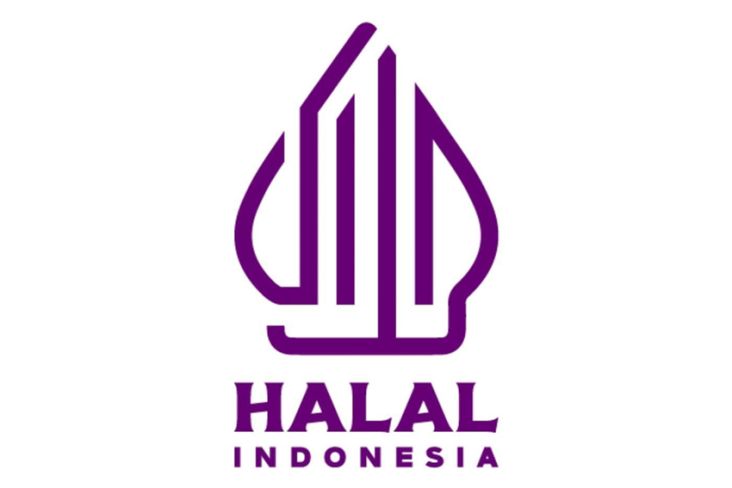Change attracts pushback in the best of times, so when Indonesia’s Ministry of Religious Affairs decided to update the country’s iconic and instantly recognizable halal (safe for consumption for Muslims) logo, few were thrilled.
Over the weekend, the ministry introduced the purple logo, with the Arabic text for halal given the calligraphy treatment and thus not instantly discernible for most at first glance.
Explaining the philosophy behind the new logo, the ministry said it sought to align the important symbol more closely with Indonesian culture.
In a press release published on Sunday, the ministry’s Halal Product Guarantee Agency (BPJPH) Head Aqil Irham said the outline of the logo resembles that of gunungan in wayang puppet shows, which are leather puppets used to represent mountains.
“This represents the life of a human being,” Aqil said, explaining that the pointed top conveys humanity’s need to be closer to God the older and more knowledgeable they become.
For many years, Indonesian Muslims have relied on a halal logo by the Indonesian Ulema Council (MUI) — the highest clerical body in the nation — for their consumption needs. MUI’s logo is arguable more straightforward — like many other countries’ halal logos, it prominently features an unambiguous Arabic text for the word halal.
This point has been lamented by many critics of the new logo online.
“Russia’s halal logo doesn’t feature a bear, Korea’s doesn’t feature K-pop, Rome’s doesn’t feature Roman script. Why does Indonesia’s feature wayang gunungan?” the user above tweeted.
The MUI logo is set to be gradually phased out by 2026 as authority over halal certification is being transferred to the government.
In 2014, the government set up BPJPH to take over most of the halal certification process — i.e. determining what products are permissible for consumption or use by Muslims based on religious guidelines — from MUI, which previously had sole authority over the matter.
Back then, it was optional for producers to obtain halal certification for their products from MUI (though the council has long been criticized for not being transparent about the money it gained from applicants), and it only made sense to do so to tap into Indonesia’s expansive Muslim market.
Armed with new and sweeping halal assurance legislation, in October 2019, BPJPH, which operates under the Ministry of Religious Affairs, took over the halal certification process with MUI relegated to a consultancy role.




